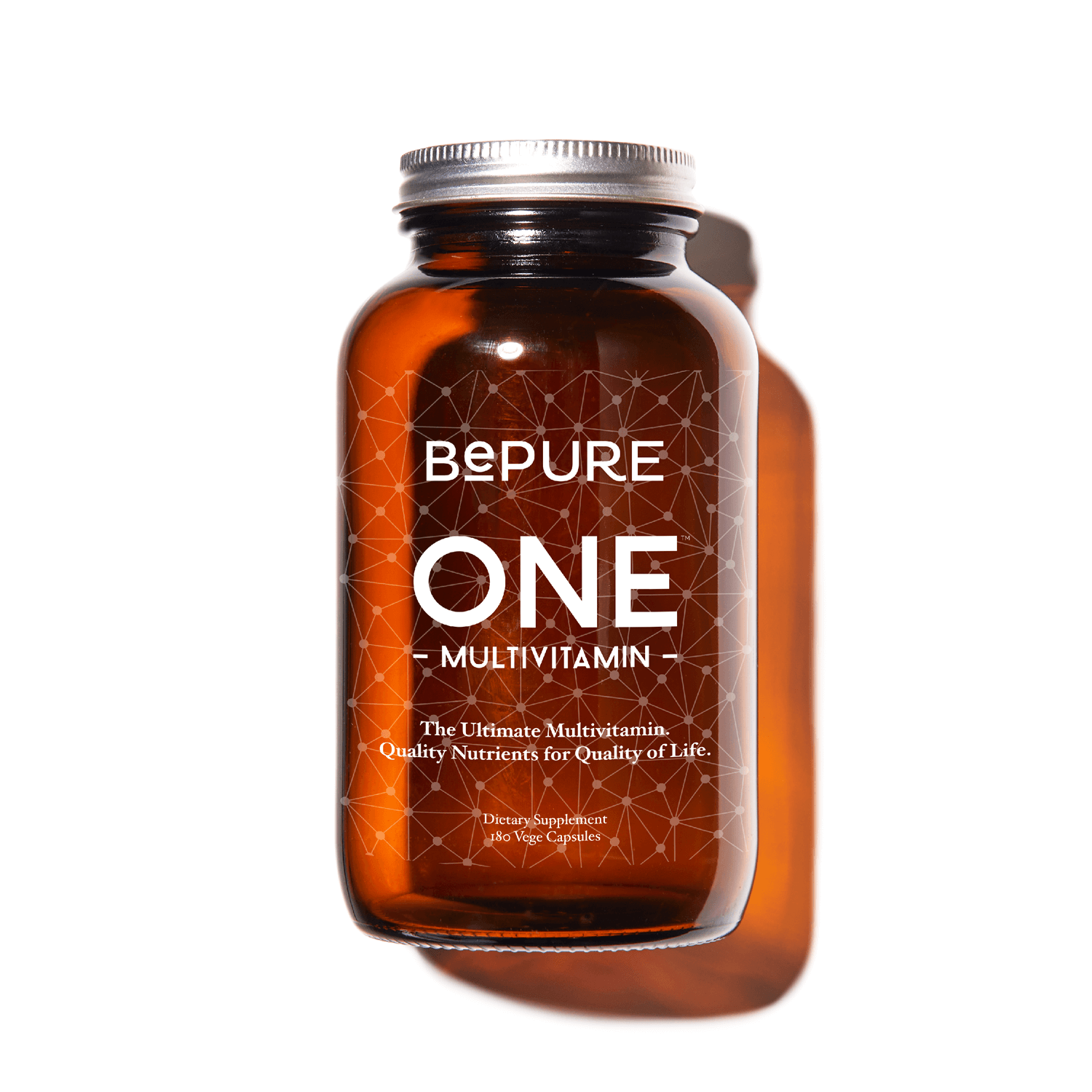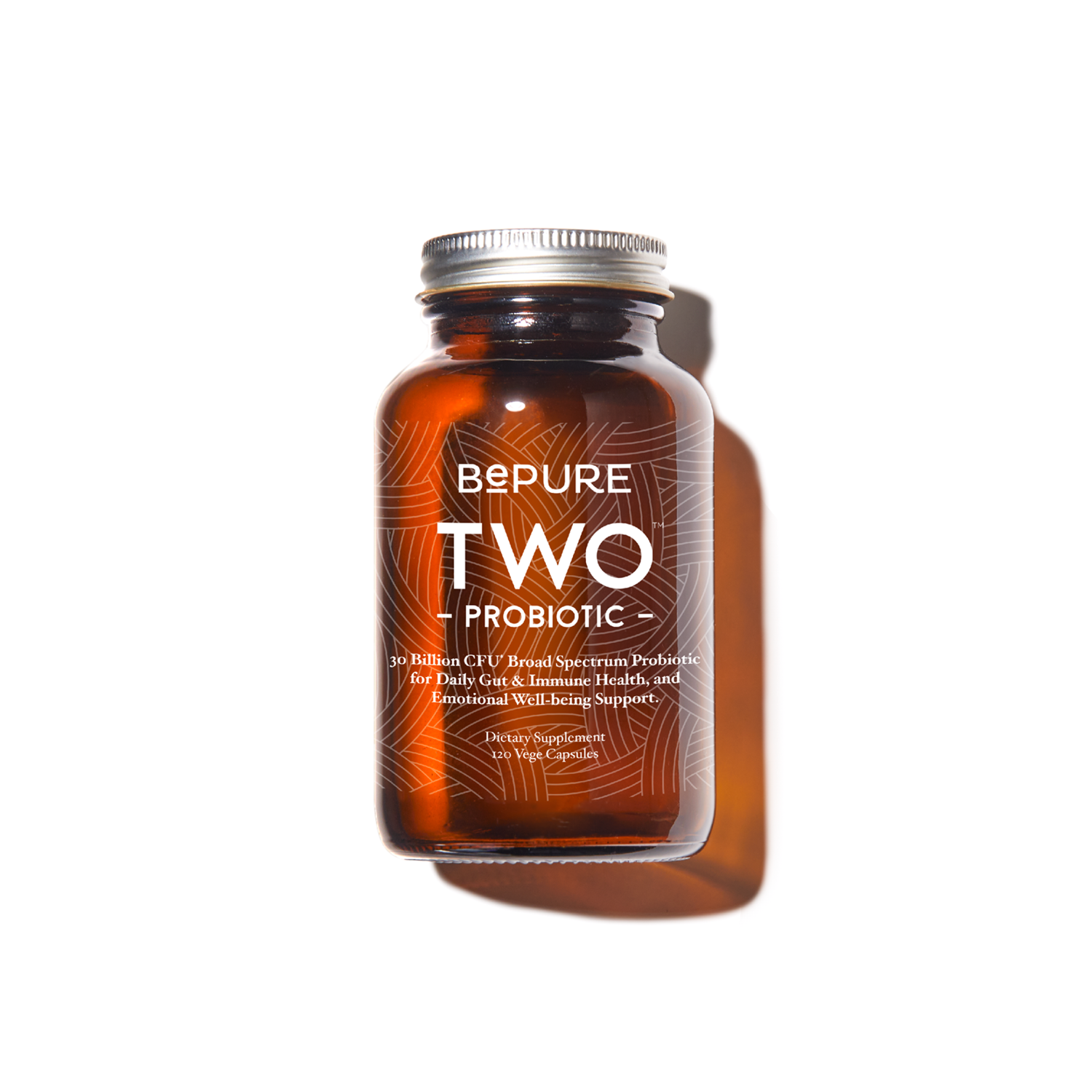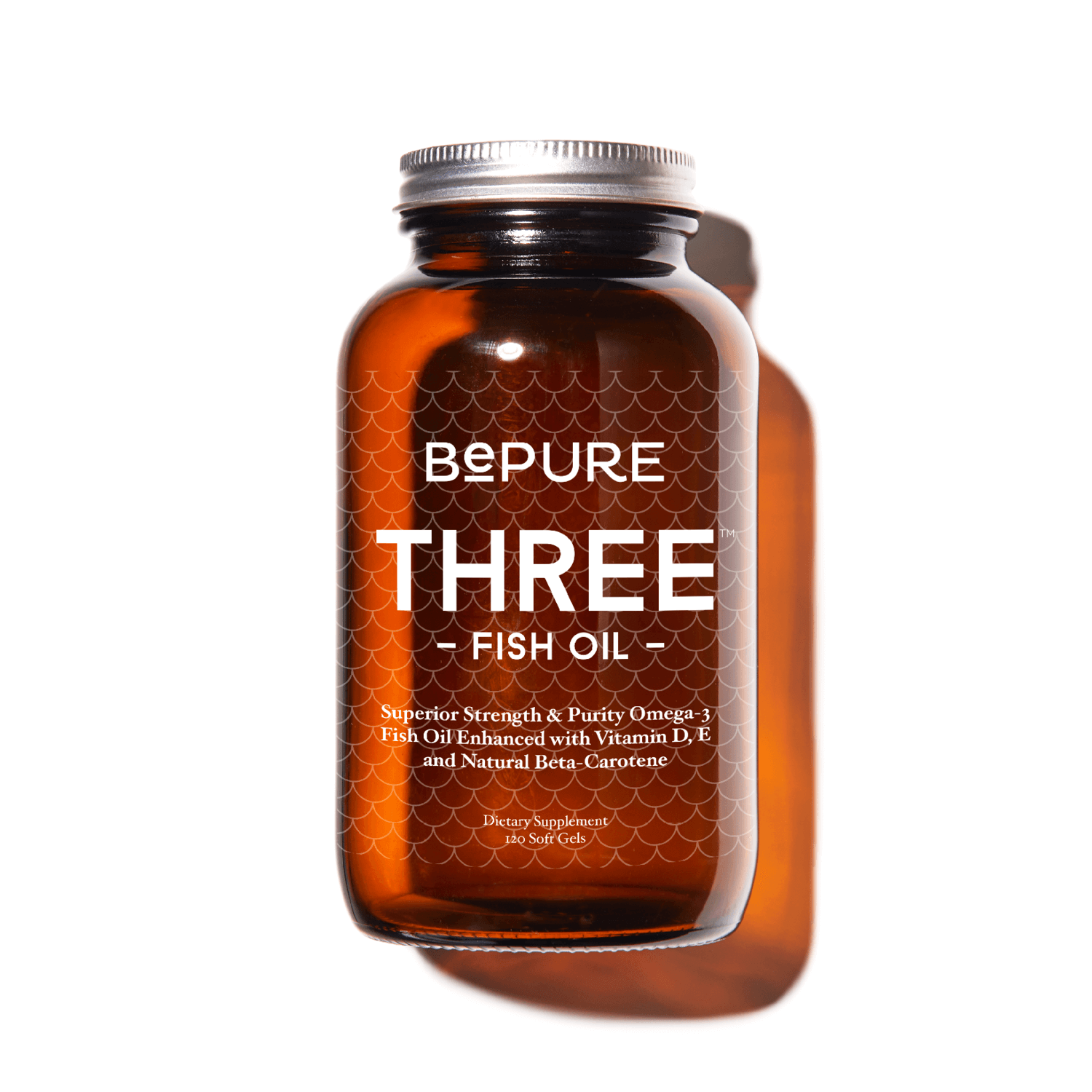This week on the blog we are looking at hormones. They're critical to pretty much every function in our body, but most people don't know what 'hormones' actually do.
"As a general concept, hormones are the chemical messengers between your brain, your cells and your environment."
As a general concept, hormones are the chemical messengers between your brain, your cells and your environment. It’s the way your body perceives both your internal and external environment or situation.
Hormones are slow moving and will change over time to the conditions your body is exposed to. For example, if you have a busy home life, work life and you tend to do rigorous, high-intensity workouts, you're placing your body under a large amount of stress.
Once your body is in this mode of stress it will take some time for it to relax. While a holiday is a good start, we need to nourish our parasympathetic nervous systems with calming activities on a daily basis.
In this blog post, we’ll be looking at those key hormones and what you can do to improve them for optimal health. We’ll also look at some common symptoms. It’s important to remember that everyone is different and there will be a range of symptoms or sometimes no direct symptoms at all.
Oestrogen
Oestrogen is a hormone that both men and women have. Most commonly known as the female sex hormone, it's responsible for making you feel confident, extroverted, and in control. Oestrogen is directly tied to serotonin, the feel good hormone, so without it you’re more inclined to enter a depressive state.
However, too much of good thing is oestrogen dominance. This something we are seeing more frequently and it's largely due to our modern day environment. Today we are exposed to oestrogen-mimicking chemicals, called xenoestrogens. They are found in almost everything, from plastics, to chemicals used in skin care, to produce farmed with herbicides and pesticides. Unfortunately, our body has little or no counterbalancing hormone to mitigate these oestrogen hormones and they can block our receptor sites and load the liver.
Common symptoms:
- Bloating, puffiness or water retention
- Heavy, painful or clotted bleeding
- Rapid weight gain (especially on your hips and buttocks)
- Endometriosis or PCOS
- Mood swings
- Migraines or other headaches
- Trouble sleeping
- Gallbladder problems (or removal)
So, what can you do?
- Avoid plastic whenever possible. Plastics contain petrochemical molecules such as PCB’s and dioxins. Reducing your use of plastics will drastically reduce your exposure to xenoestrogens.
- Eat spray-free produce or organic produce when possible. Even with organic produce, it's a very good idea to wash your fruits and veggies. Cruciferous vegetables like broccoli, sprouts, cauliflower, cabbage, and kale all help to support your liver. We love this broccoli salad with pine nuts and halloumi recipe.
- Reduce soy and liver loaders such as caffeine and alcohol which will help your body to clear extra oestrogens.
Progesterone
This is a female reproductive hormone that can easily become unbalanced. Although it's opposite to oestrogen, in that we usually see levels that are too low.
Progesterone is the dominant hormone in the second phase of our cycle. It's responsible for the development of the womb lining which prepares the body to receive a fertilised egg. It’s also responsible for keeping us calm and feeling in control, and it has an anti-anxiety and antidepressant effect.
Progesterone is also the precursor of cortisol. In times of high stress, our body will prioritise making cortisol resulting in low progesterone.
Common symptoms:
- Spotting
- Heavy periods
- Unhealthy breast tissue
- Low libido
- Bloating, puffiness or water retention
- Anxiety
- Weight gain
So, what can you do?
- Managing your stress is a key way to lower your cortisol and boost your progesterone.
Testosterone
Testosterone is the dominant male hormone and is produced in the testicles of men, the ovaries of women and in the adrenal glands of everyone. Testosterone is closely tied to the hormone dopamine, our pleasure and reward hormone, making it important for a sense of get-up-and-go, well-being, confidence, maintaining muscle tone, bone growth, and sexual function.
If not used, testosterone will convert to oestrogen which contributes to the issue of oestrogen dominance.
Common symptoms:
- Ability to build muscle mass
- Excess hair growth on face, chest, belly button and arms
- Widening jaw
- Deep voice
- Acne and oily skin and hair
- Reactivity and/or irritability, or excessively aggressive or authoritarian episodes
- PCOS
- Depression or anxiety
So, what can you do?
- Zinc plays a key role in healthy levels of testosterone, so eating foods that are high in zinc is a great place to start. BePure Zinc Restore is a great way to increase your Zinc status. Some other food sources of zinc include oysters, red meat, flax seeds, pumpkin seeds, kidney beans and green beans.
- If you have excess testosterone you can burn this off through exercise.
Cortisol
Cortisol is the primary hormone of the stress response and is secreted by the adrenal glands. It’s part of your sympathetic nervous system and when elevated, it stimulates your body by raising blood pressure and blood sugars. Plus, it's an anti-inflammatory, which helps you respond to danger with the ability to fight or take flight.
"Cortisol is the primary hormone of the stress response and is secreted by the adrenal glands."
Common symptoms:
- Feeling like you’re constantly racing from one task to the next
- Difficulty losing weight - especially at your waist
- Quick to anger
- Trouble going to sleep or staying asleep
- Craving salty or sugary foods
- Low libido
So, what can you do?
Like the solution to increase progesterone, managing your stress is essential to lowering cortisol.
Thyroid
Hormones produced by the thyroid are responsible for regulating metabolism and the rate of biochemical reactions in the body. Specifically, your thyroid gland’s job is to combine iodine and tyrosine to produce two key thyroid hormones: a storage hormone called thyroxine T4 and active thyroid hormone called triiodothyronine T3.
When essential nutrients required for this process are not available in abundance our most vital functions will be prioritised.
Common symptoms:
- Dry hair that easily falls out, including eyelashes or the outer third of your eyebrows
- Dry skin
- Brittle fingernails
- Bowel movements less than once a day
- Muscle or joint aches
- Depression or moodiness
- An enlarged thyroid or goiter
So, what can you do?
Eat foods or take a high-quality supplement that is rich in iodine, selenium, zinc and copper to improve your thyroid health. Some foods include brazil nuts, seafood, organ meat (liver is particularly good), almonds, sunflower seeds, lentils and more. The BePure Everyday Health Pack is the baseline nutritional support I recommend everyone takes every day, on top of a healthy diet, to support their health.
Insulin
Insulin regulates the amount of glucose (or sugar) in your blood stream. Essentially, when your blood glucose levels are high, insulin will store the extra sugar as body fat. High blood sugar levels could be the result of eating a high GI food, drinking a stimulant like coffee, or eating the wrong foods for your macronutrient profile.
"As the quantity of sugar in our modern day diet increases, we need more and more insulin to regulate the glucose in our blood."
When you need energy the insulin hormone will release glucose into your bloodstream. As the quantity of sugar in our modern day diet increases, we need more and more insulin to regulate the glucose in our blood. Over a sustained period of time, this can lead to insulin resistance and the development of type 2 diabetes.
Common symptoms:
- Craving sweet foods and difficulty resisting carbohydrate-rich foods
- Feeling shaky, anxious, or irritable between meals
So, what can you do?
Eat for your macronutrient profile type. This means eating the correct balance of carbohydrates, proteins and fats for your unique body.



